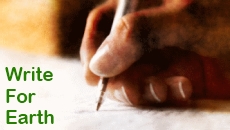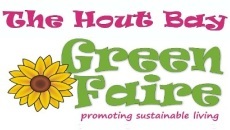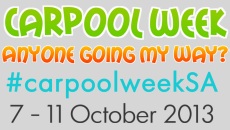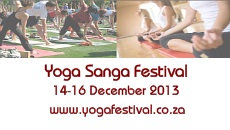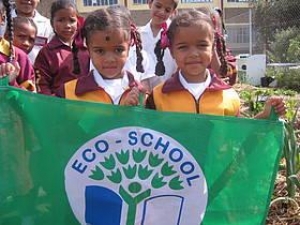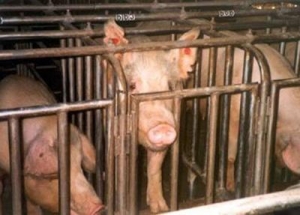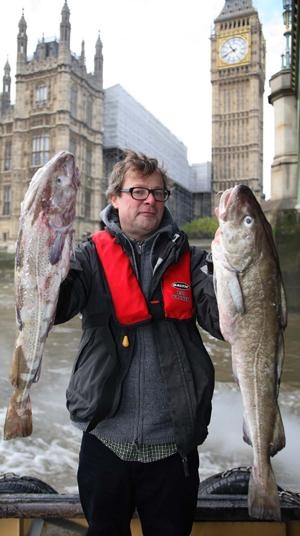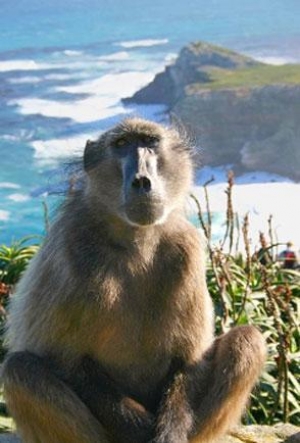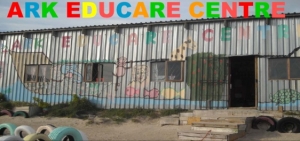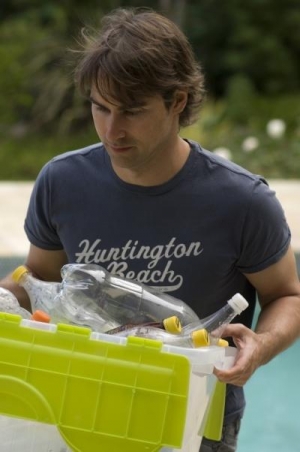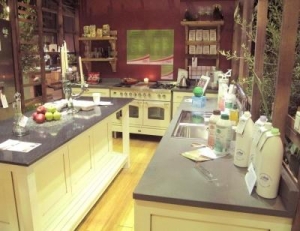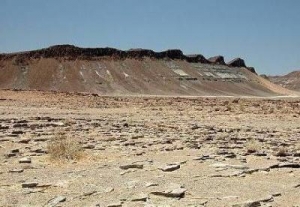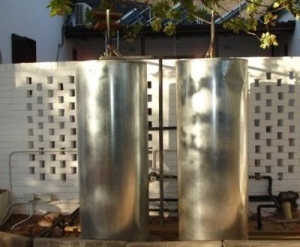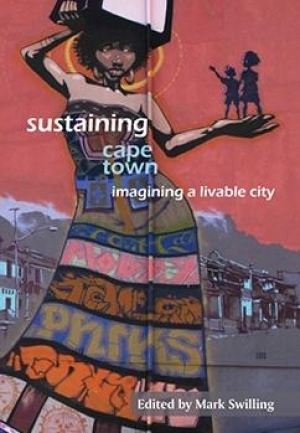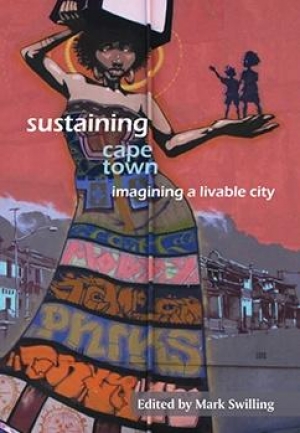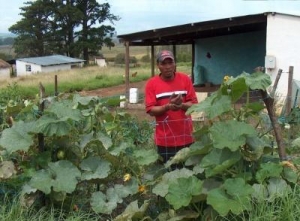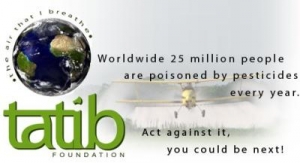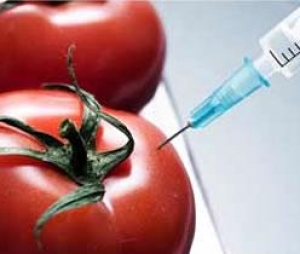On Saturday 12 March Cape Town is going nuts! This will be a first – the previous attempt in 2007 to join the world in doing so was banned by the authorities. Will we succeed this time? Are we ready to bare all for earth?
In SA, the greening of schools has been a gradual process. One initiative that seeks to change this is the WESSA/WWF Eco-Schools Programme, an environmental education programme that offers sustained engagement between schools and environmental agencies, and continuously awards schools for their efforts.
Mr Simon Streicher, CEO of the South African Pork Producers Organisation (SAPPO) refused to confirm to Compassion in World Farming today that sow stalls are to be phased out in South Africa.
Hugh Fearnley-Whittingstall, celebrity chef and food campaigner, tackles the subject of "discard" - and the waste of fish in our oceans.
The environmental pressure group GeaSphere submitted a formal complaint to the FSC €“ Forest Stewardship Council €“ on Tuesday, 11 January 2011.
There is a legend that the world rests on the back of a giant tortoise. And he rests on another tortoise, and another, etc. Its tortoises all the way down.
Now€™s the time to put your company€™s used polystyrene cups to work for the earth and our poor communities.
This year the common sense habit of recycling your daily waste needs to become as natural as eating your daily bread €“ create work, and food, for many.
Overseas, sustainable tourism is a booming industry, arising from the fact that today's travellers are prepared to pay more for a greener travel experience.
Many companies do not see the value of moving towards more environmentally friendly practices. However, what has been considered an ethical and then legal issue for years, is now also considered a societal requirement . It is in the interest of South African companies to comply, according to Jako Volschenk, Environmental Finance lecturer at the University of Stellenbosch Business School.
What is it going to take to stop the plans to threaten our sensitive Karoo region from being destroyed by Shell€™s plans to blow it apart in search of natural gas?
A controversial application by oil giant Shell to explore for gas in an area of the Karoo should be put on hold, the Democratic Alliance said on Tuesday. The opposition party warned that exploration would involve processes that risked contaminating surrounding bodies of water, but Shell countered that processes were in place to prevent this happening.
Step one in reducing our harmful footprints on the earth, is knowing how big they are.
So the first dragon to be slayed on our heroic journey towards a greener planet is Ignorance himself. He blocks our path with his soft and cushy body and flirts with us in sweet voices of €˜it€™s ok, it€™s not so bad€™ or €˜just keep going, things will right themselves€™ or €˜it€™s better than my consumerist neighbour anyway€™ or, my personal favourite €˜we€™re doing enough for the earth already.€™
One of the biggest power guzzlers in our domestic homes is the hot water geyser. It is reported to use between 40 and 60% of your electricity consumption. This of course depends on how much hot water you use, how hot you€™ve set your thermostat and whether you keep it on all the time. It also depends on other appliances in your house, for example whether you have an electric or gas stove.
Renewable energy is fast becoming the solution for our planet€™s sustainability. The obvious question is how effective these alternative products are and which measures solar companies are taking to ensure the feasibility of these products for the environment and the consumer.
An important new green book has arrived at the right time from the Stellenbosch University€™s sustainability stable, edited by Prof. Mark Swilling.
Sustainable development in a city where everything is moving and changing at a tremendous pace is not a challenge for the faint-hearted. The harsh reality is that Cape Town is going through an extraordinarily rapid urban growth and transformation process which will have far-reaching consequences if not managed properly.
Sustainable development in a city where everything is moving and changing at a tremendous pace is not a challenge for the faint-hearted. The harsh reality is that Cape Town is going through an extraordinarily rapid urban growth and transformation process which will have far-reaching consequences if not managed properly.
Last year, the Midlands Meander Education Project received funding from Thatu UK to assist Carshalton School get their food garden growing well and able to provide fresh, organic veggies to supplement the school feeding scheme. Mr Nathi Majola, principal of the school, observed that the community surrounding the school also needed help to grow food and asked MMAEP facilitator, Jessica Dreamtime if she would mind inspiring them as well. Jessica and Mary Mlambo from Dovehouse Organic Farm, enthusiastically set about this task, reminding the community of the ways their grandparents had grown food sustainably - with inter planting, crop rotation and making use of manure and weeds as fertilizer.
A public meeting organised by The Air That I Breathe Foundation (TATIB) with the Stellenbosch city manager to discuss the issue of spray drift stalled this morning when planning, property and integrated human settlements director Basil Davidson, who deputised for the city manager at short notice, refused to proceed with the meeting until members of the media had left the room.
All South Africans need to act urgently and immediately to the proposed regulations in the Consumer Protection Act (CPA) governing the labelling of Genetically Modified (GM) food. The regulations are weak and undermine the consumer's right to know and consumer choice, while addressing the needs of big business instead.



